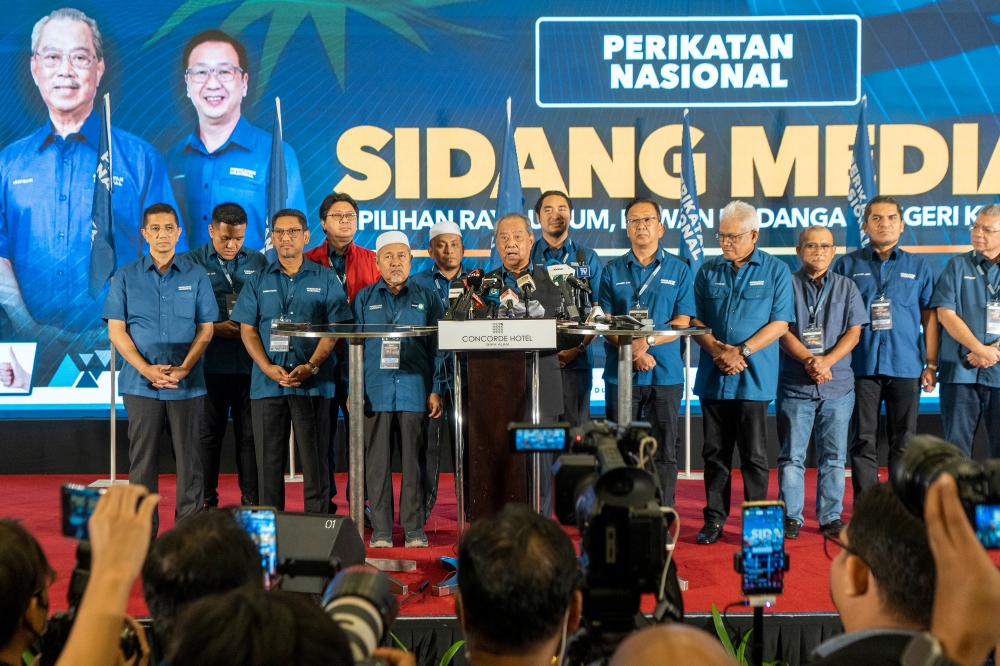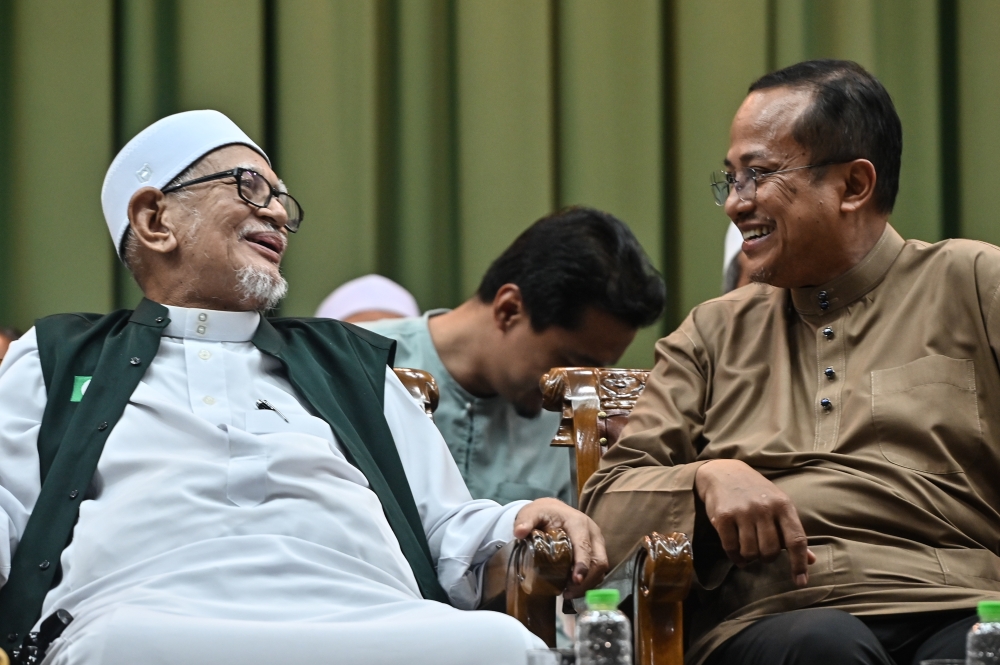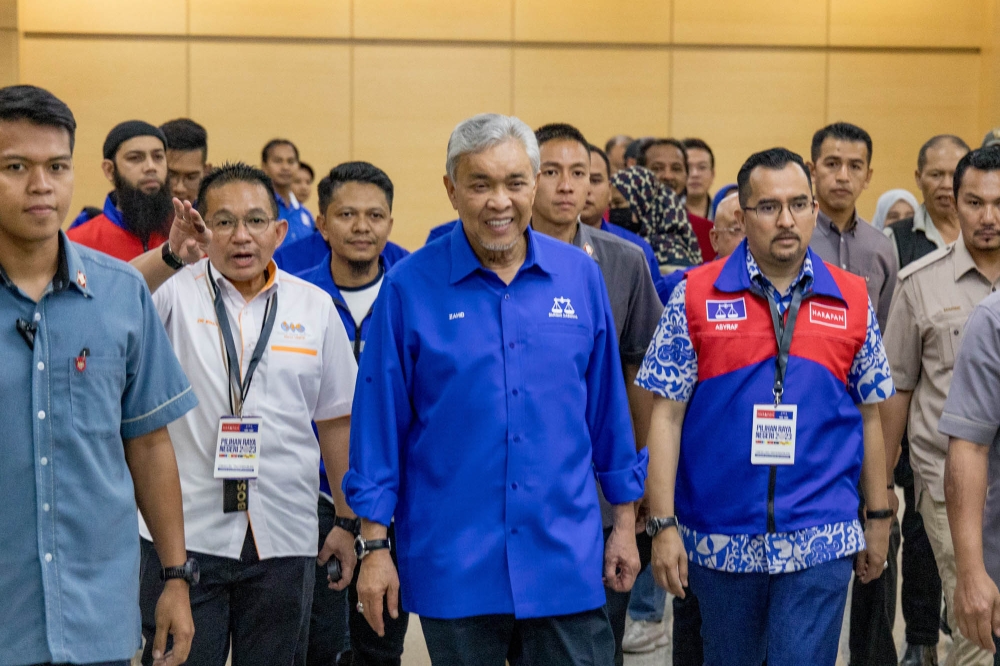KUALA LUMPUR, Aug 13 — Six states concluded their state elections yesterday with the Pakatan Harapan-Barisan Nasional (PH-BN) unity coalition going up against its biggest rival, Perikatan Nasional (PN).
While the status quo (in terms of ruling coalition for the respective states) remained following the official announcement by the Election Commission (EC), the changes in seat composition for the respective state assemblies demonstrates a clear sign of things to come in the next five years.
So how did the respective coalitions fare at the recently concluded six state elections? Here are the three things we learned from the 2023 state elections:
PN making inroads into BN seats, Malay-majority urban constituencies of PH
Following a spirited competition, PN has achieved significant victories within the strong territories of both PH and BN, notably in Selangor’s once considered ‘impenetrable’ safe seats.
PN managed to wrest several seats belonging to PH when the latter won in 2018, including the unexpected return of disgraced former PKR deputy president Datuk Seri Mohamed Azmin Ali as an elected representative.

Azmin had previously contested the Gombak federal seat in the 15th general election (GE15) last November but eventually lost to former protege Datuk Seri Amirudin Shari.
The success of PN could also be attributed to a significant lower voter turnout in once impenetrable seats belonging to PH such as Taman Medan, Hulu Kelang and Gombak Setia which saw majorities of 30, 1,617 and 58 respectively.
While PH voters tactically channel their support to prevent PN from gaining power, the inability of the PH-BN alliance to ensure the retention and alignment of Umno supporters to effectively counteract these opposing forces remains a growing concern.

PN’s victory also meant PH’s once dominant supermajority of the state assembly was denied after clinching 22 out of 56 seats, wiping out several BN seats on the outskirts of major urban areas in the process as well.
PAS tightens grip on Kelantan and Terengganu
Despite losing only two seats out of 45 in Kelantan, Kelantan remains the impenetrable fortress of PAS.
Caretaker Kelantan menteri besar Datuk Ahmad Yakob won his Pasir Pekan state seat with a resounding 12,811 majority, while his deputy, Datuk Mohd Amar Nik Abdullah bagged Panchor state seat with a huge majority of 10,686 votes.

In Terengganu, PN-PAS showed complete dominance as it made a clean sweep of 32 state seats it contested in the state election, riding on the victories it secured in the 15th General Election.
BN’s defeat of Terengganu and Kelantan also serves as a clear indicator of broader sentiment towards the coalition’s place as part of the national unity government and put a spotlight on Datuk Seri Ahmad Zahid Hamidi’s decision to align his party and coalition with Prime Minister Datuk Seri Anwar Ibrahim’s PH.
The two engineered the partnership after the general election last year to thwart PN from seizing control of the federal government, after a “green wave” of religious conservatism carried PAS and Parti Pribumi Bersatu Malaysia to the cusp.

Umno’s big loss across the board a bloody nose for the party
As a reflection of the grand old party’s loss in the majority of its contesting seats in the concluded state elections, Umno is in dire need to heed the call to revamp the party or face the risk of total decimation.
With the resounding PN victory, Umno is no longer seen as a party that represents the Malays that has now been taken over by PN, and this has been reflected in the successive defeats that the party suffered in the recent GE15 last November.
The party has had windows of opportunities post-2018 general election (GE14) to prove itself worthy of a side despite having clinched victories in the state elections of Johor and Melaka under PN then.
The poor showing in the six state elections would now serve as a clear message of rejection to the once dominant coalition which once ruled the country for almost six decades, and may yet prove to be the party’s and Zahid’s final nail in the coffin.






















